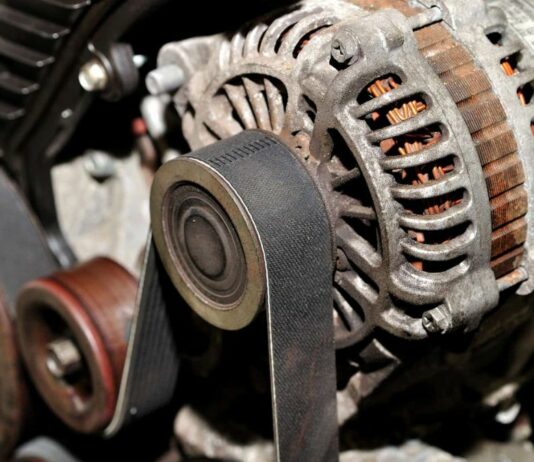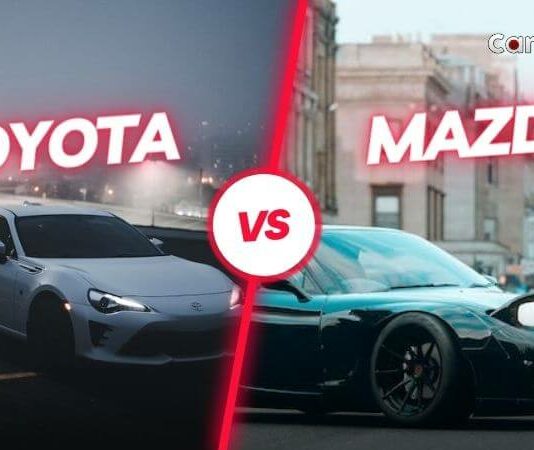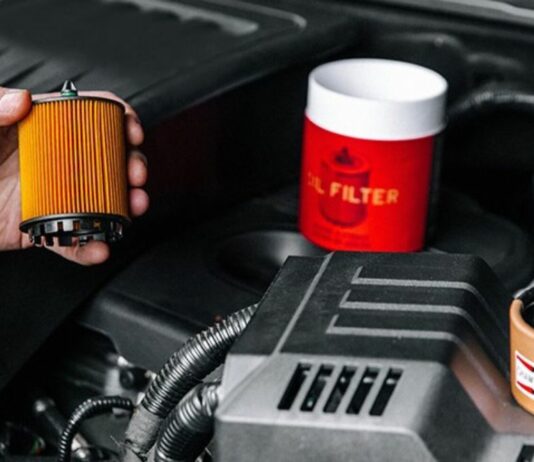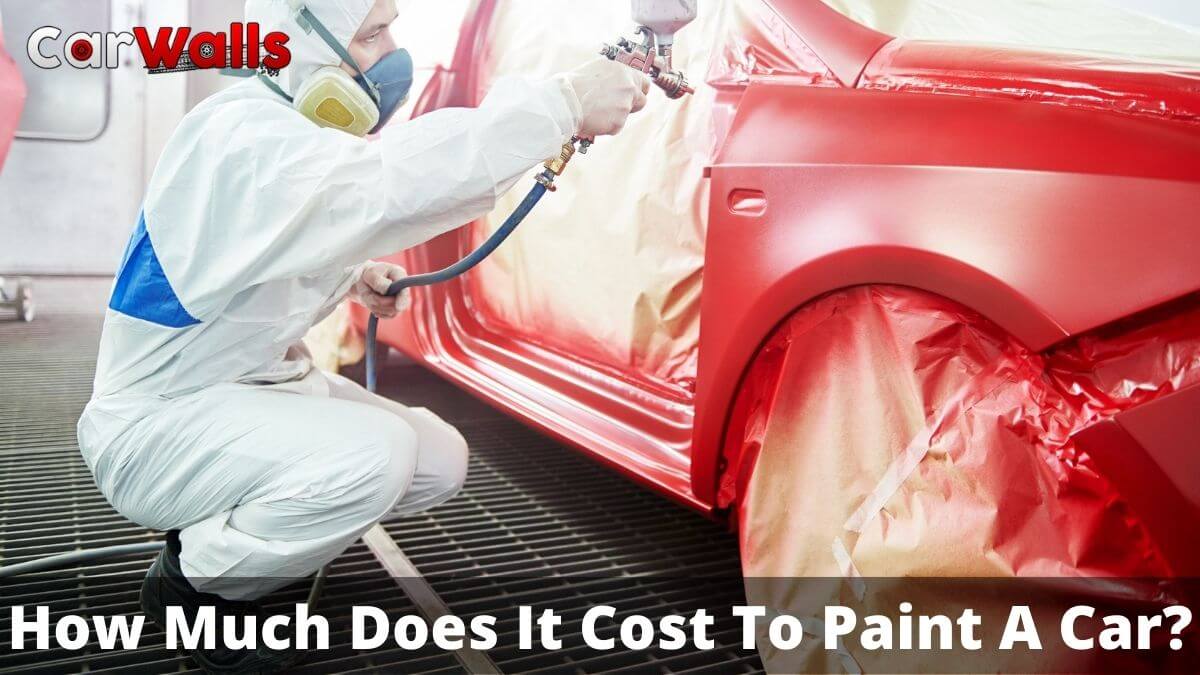[rev_slider alias=”td-blog-cars”]
Trending Now
Car enthusiasts will love our latest addition to the website- Import Tuner Car Wallpapers. These vibrant and colourful images are sure to brighten your day and get your adrenaline racing. We've got a wide variety of different makes and models to choose from, so be sure to check them out today!
What's Included:
High-quality images of...
Have you ever been walking around in a crowded mall and suddenly wondered, how did that car get here? You may have seen classic cars displayed right next to the mall's escalators or maybe even luxury cars inside popular stores. It’s an incredible feat of engineering and planning, isn't it? We bet you won’t...
How To Keep Cars From Parking On My Lawn? In suburban neighbourhoods, cars often park on lawns when friends come over for block parties. The problem arises when they park on your lawn without permission and ruin the grass you've been maintaining for so long.
These instances can be frustrating, but there are ways to...
Alternator Overcharging Symptoms: A vital component that provides the car with power when the engine is operating is the alternator. The alternator can undercharge, which is a more frequent problem, or overcharge, which can result in a string of electrical failures.
The sole cure for alternator overcharge is to have the alternator reconditioned or replaced....
What Can You Do About Wheel Cylinder Popped Out Right Now? Are you driving along and suddenly see fluid leaking from underneath your car? It can be an alarming sign, especially if the brake pedal sinks to the floor - a tell-tale symptom of a popped wheel cylinder. But don't hit the panic button!
There...
LATEST ARTICLES
In the world of automobiles, Toyota and Mazda have carved out distinct niches for themselves. Toyota, with its focus on fuel efficiency, has produced a range of vehicles that sip fuel like a connoisseur savors a fine wine. On the other hand, Mazda, with its emphasis on performance, has created a lineup of cars...
How Long Can You Drive Without An Oil Cap? It is detrimental to a vehicle's engine to drive without an oil cap. Many car owners discover halfway through a trip that their engine oil cap is missing after an oil change. This leaves them unsure of whether to continue driving that way or to...
How Often Should You Change The Oil And Oil Filter In Your Vehicle? Oil is essential for the smooth lubrication of your engine. And your oil filter plays a vital role in ensuring your oil can do this.
An oil filter protects your engine from potential damage by removing the contaminants (dirt, oxidized oil, metallic...
It's no secret that painting a car can be expensive. But just how much does it cost? And what factors play into the final price? In this blog post, we'll take a look at the typical cost to paint a car, as well as some of the factors that go into determining the price....
What Can You Do About Wheel Cylinder Popped Out Right Now? Are you driving along and suddenly see fluid leaking from underneath your car? It can be an alarming sign, especially if the brake pedal sinks to the floor - a tell-tale symptom of a popped wheel cylinder. But don't hit the panic button!
There...

![Import Tuner Car Wallpapers: Eye-Catching Images to Brighten Your Day [2023] Import Tuner Car Wallpapers](https://carwalls.org/wp-content/uploads/2022/07/Import-Tuner-Car-Wallpapers-1.jpg)

![How To Keep Cars From Parking On My Lawn? [A Complete Guide] How To Keep Cars From Parking On My Lawn?](https://carwalls.org/wp-content/uploads/2023/04/Untitled-design-13-2-534x462.jpg)



![How Long Can You Drive Without An Oil Cap? [Briefly Explained] How Long Can You Drive Without An Oil Cap?](https://carwalls.org/wp-content/uploads/2023/05/Untitled-design-15-1-534x400.jpg)




